Problems only a '90s gamer could understand
Want a totally tubular and radical trip into the the past? Relive these '90s problems in our newest video...
Back in my day
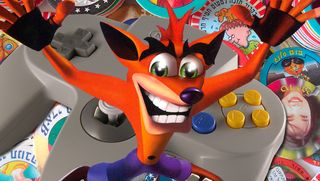
Its annoying to feel like the old man at GamesRadar when Im only 31, but the situation pops up when Im surrounded by all the other relative youngsters that work here. One such generational divide popped up recently when I compiled the Top 7 unspoken rules of gaming. I wanted to add entries about screen-looking or LAN parties to that feature, but realized that many of the things I remember doing as a teen have been made virtually extinct by the forward march of technology. Again I felt like a man out of time.
I wouldn't ditch the many conveniences of modern gaming, but (like your typical aged person) I dont think the gamers of today properly appreciate how different gaming is now compared to the 1990s. Thats why I collected this list of annoyances that only someone who played games 20 years ago could truly understand. Hopefully my fellow gaming elders can commiserate over these while you youngsters can get some perspective on just how good you've got it.
Losing the Game Genie booklet
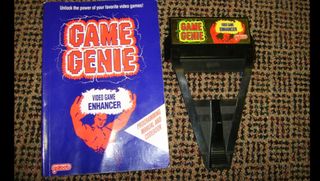
Thanks to the power of nostalgia, many retro gamers forget how stupid difficult some titles were, but back then tools like the Game Genie could deal with any unfair difficulty. By strapping the accessory on to a cart, you could input Game Genie codes that gave you unlimited lives or invincibility. However, if you misplaced your code book, you were screwed, cursed to never see the ending of Earthworm Jim. And even if you were a tidy enough kid to not lose track of a flimsy Game Genie booklet, new games with new codes came out all the time, meaning you had to buy fresh editions of the book or search for those codes in game magazines. Its not like you were going to find cheat codes on some vague network of computers, right?
You owned (at least) three different Game Boys
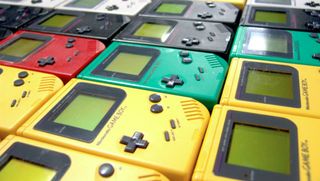
The Game Boy was so popular in the 1990s that many gamers ended up with multiple versions of the system--and not everyone was happy about that. The grey brick model was six years old when it was first replaced by the colorful Play It Loud editions of 1995, and many picked up the vibrant new model. Just one year later, the Game Boy Pocket offered a slimmer body, better battery life, and a much improved screen, so numerous GB fans picked it up thinking that this had to be the last iteration of the aging system. What fools we were back then. 1998 introduced the Game Boy Color, finally ditching the GBs monochrome visuals and making it a must buy for anyone that had bought about three handhelds already. It was a pricey series of redesigns; good thing Nintendo never did this again with its portables, right?
Your console was your only CD player
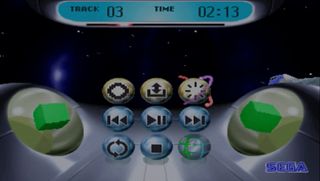
Compact Discs were the wave of the future in the mid-90s, but I cant be the only one who had trouble convincing my parents to buy me a dedicated CD player back then. My mom felt I had a perfectly fine set of cassettes, so I wouldnt get a CD player until prices really started dropping late in the decade. In the meantime, I had to make do with listening to Aerosmiths Get A Grip album through my PlayStation. Joe Perrys guitar riffs just didnt have the same heft when coming out of my TVs speakers, but it was better than not hearing Crazy at all.
Frayed cords at the ends of controllers
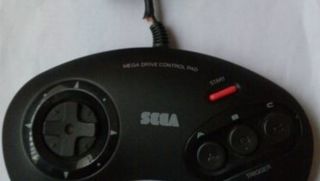
When you think about it, expensive electronics like consoles and controllers are a big responsibility for a 10-year-old. Most kids cant even be trusted with washing the dishes correctly. The youth of the 90s played rough with their toys, and if theyre tugging on controllers while arguing about the proper way to perform a Fatality, they would occasionally yank the Genesis gamepad hard enough to loosen the cover to the cord, exposing the wires. The biggest risk with frayed and beaten wires wasnt that someone would get hurt by the exposed electronics. You were more concerned that the unpresentable controllers would look bad to your gaming friends. But good luck talking your folks into buying a new pad with intact cords; to most parents, an ugly controller that still works isnt worth throwing out. Just one more reason to love wireless inputs.
Sign up to the GamesRadar+ Newsletter
Weekly digests, tales from the communities you love, and more
Memorizing passwords
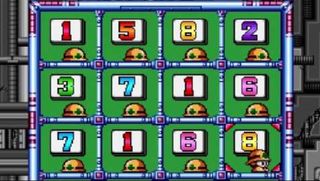
This problem subsided by the 32-bit era, but there were still a number of games that used passwords at the start of the 1990s. It was a cheap substitute for adding battery-backed memory to a cartridge game, and many of these cryptic number and letter sequences were far too complicated for a kid to memorize (and most kids could barely keep track of the paper that they wrote the password on). I suppose thats what the Notes section at the back of manuals were for. On the plus side, if you bought a guide, the passwords became a somewhat complicated level select.
Dealing with a mechanical mouse
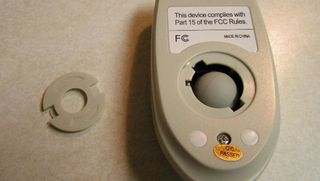
PC mice were amazing inventions that both simplified OS navigation and made killing demons in Doom childs play (though kids really shouldnt have been playing Doom). But optical mice have been around so long that its easy to forget the era of trackballs on mice, which gave gamers a tactile sense of movement during PC gaming. Those spheres were magnets for dust and lint, meaning you routinely needed to open up your mouse and clean off the rollers for maximum accuracy in the game you were playing. It was bad enough when it happened during a single player game, but you were really screwed if you noticed your old-school mouse needed cleaning during a LAN party match of Starcraft. Better hope you can pick off that lint before the next Zerg rush.
Dealing with very different versions of the same game
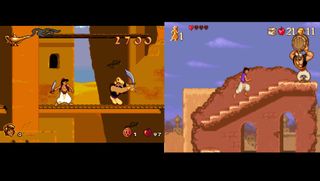
Kids today are still wasting time arguing about which console is best, but this annoying, cyclical argument was perfected in the 90s console wars. And it wasnt just Sonic vs. Mario that got discussed, but which system had the best version of third party games. Thanks to fairly different hardware, releases like Aladdin, Street Fighter, and Sunset Riders had fairly dissimilar SNES and Genesis ports, and it always sucked to find out the better version came out on the system you didnt own. Things got even more complicated in the PlayStation/N64/Saturn years when ports of Tomb Raider and Resident Evil varied wildly in terms of sound, textures, and load times. It took a lot of research to find out which version was superior, often by parsing out conflicting information on message boards at the dawn of the internet age.
Sitting through drug PSAs before playing arcade games
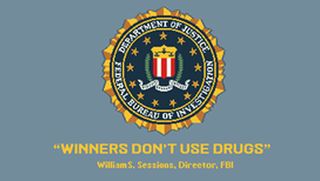
You just want to head to the local arcade to unwind after a long day of school, but before you can dive into the Teenage Mutant Ninja Turtles battle against Shredder, you must first learn about the ills of controlled substances. Yes, many arcade cabinets in the 90s came equipped with a message from FBI Director William S. Sessions, Winners Dont Do Drugs. This government officials proselytizing wasted valuable leisure time, but ultimately it was a small price to pay for successfully eradicating drug use among the nations youth for the decade.
Finding ways to play online using the family phone line
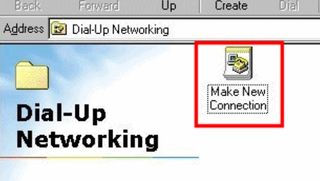
Your parents may have adapted to you sharing the living room TV when you marathoned Ocarina of Time, but taking over the family phone line to play Quake over the internet was a step too far for most parents. To hear that sweet sound of dial-up initiating, you sometimes had to carefully negotiate time with family members to even play a janky round of deathmatch over your 33k modem. For many, the home phone line was the only way to get a PC online, and engaging it for gaming meant the phone wasnt open in case of emergencies. You think people just walked around with a phone in their pocket at all times? You were lucky if you had a private land line phone in your room, and even then anyone could pick up and listen in.
Henry Gilbert is a former GamesRadar+ Editor, having spent seven years at the site helping to navigate our readers through the PS3 and Xbox 360 generation. Henry is now following another passion of his besides video games, working as the producer and podcast cohost of the popular Talking Simpsons and What a Cartoon podcasts.
Most Popular




